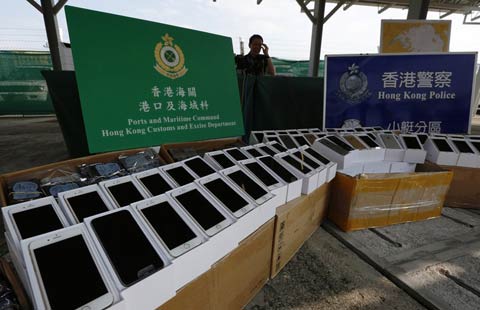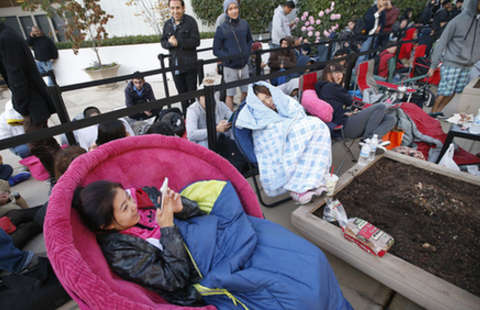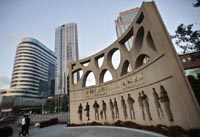30 years on, China to re-evaluate development zones
(Xinhua) Updated: 2014-09-22 10:34In the pipeline
Well aware of the issues, Deputy Premier Wang Yang said at a meeting earlier this month that development zones should be transformed from growth-oriented to quality-oriented, from government-dominated to market-driven, from homogeneous competition to differentiated development, and the soft environment improved to make them more attractive.
"The government will strengthen macro-guidance and dynamic management, downgrading or weeding out those zones that are inefficient in land use or backward in development, and fail to meet environmental standards," the deputy premier said.
To achieve this, Chen Qining believed the key issue is whether the government can shift its role from that of operator to regulator, otherwise it will be impossible to eradicate corruption and improve efficiency.
Predicting that development zones will continue as growth drivers for some time, Zhao said Min that an evaluation mechanism would help make the right decisions.
"What we need now is not more zones, but to improve the existing ones. There is no need for more preferential policies, but there is a need to extend the industrial chains for those zones, promote their functions and integrate them with cities," Zhao said.
|
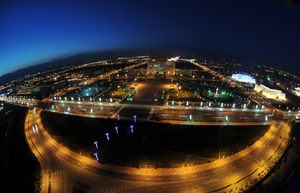 |
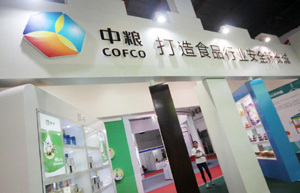 |
| Top 10 regions with highest reliant on property investment | Top 10 food and beverage companies in China |
- China's manufacturing improves in September
- China to face $100b tourism deficit
- China Sept factory activity edges up on stronger orders
- Chinese billionaires see rise in wealth
- Stunts jewelry stores pull off to promote gold
- Top China bank to relax rules on home loans - paper
- Chinese cities revamp mortgage rules to boost realty sector
- Apple sells more than 10m new iPhones in 1st 3-day

